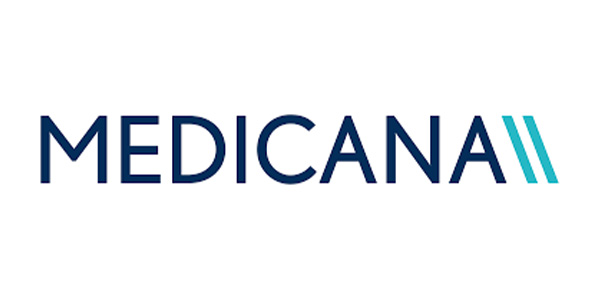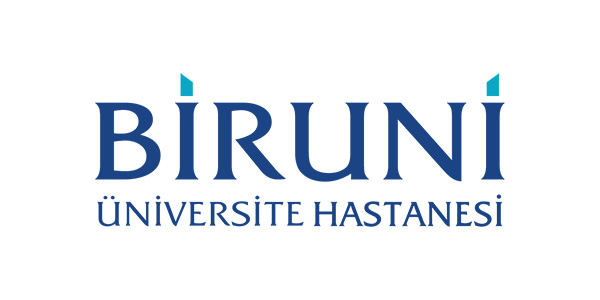Cardiology
What is Cardiology
Cardiology is a branch of science that examines diseases in the cardiovascular system. It examines cardiovascular diseases. Cardiology which is considered as a subbranch of internal diseases in the past is considered today as a separate department. The most common reason for death is cardiovascular diseases around the world.
Which diseases concern Cardiology?
Cardiology is related to the following diseases
- Hypertension
- Heart diseases
- Atherosclerotic coronary artery disease
- Acute coronary syndrome
- Angina pectoris
- Tricuspid stenosis
- Aortic insufficiency
- Aortic stenosis
- Mitral valve regurgitation
- Mitral valve stenosis
- Myocardial infarction
- Endocardial diseases
- Pulmonic regurgitation
- Pulmonary stenosis
- Cardiomyopathy
- Acute myocarditis
- Pericardial effusion
- Pericardial tamponade
- Cardiac tumors
- Primary tumors
- Peripheral arterial diseases
- Cardiac arrest
- Wolf Parkinson White Syndrome
- Cardiac arrhythmia
- Atrial myxoma
Hypertension
The high pressure exerted by the blood on the vessel wall is called hypertension. The blood makes pressure on the blood vessel wall and causes hypertension. It is also known as high blood pressure. The force that the blood exerts on artery walls can be strong enough to cause health problems such as heart disease.
Even if the blood pressure level of a person reaches dangerously high levels, the person may not have any symptoms. However, people with high blood pressure may experience some symptoms such as headaches, nosebleeds or shortness of breath when its level reaches life-threatening levels such as 180/110mmHg but these symptoms may also be a sign of any other diseases. It is very hard to recognize hypertension unless it reaches a serious or life-threatening level.
Treatment: The drugs which are prescribed by the doctor for hypertension treatment depend on the measurement of the patient blood pressure and also on the other health problems he/she has. The patient consults with the specialist to prepare their special treatment plan.
The doctors may prescribe a combination of low-dose drugs rather than a higher dose of a single drug to reduce the daily dose of a person's needs. This is often more effective than using a single type of medication.
Aortic Stenosis
The aortic valve is a valve between the left ventricle of the heart and the main artery (aorta) which pumps blood to the body. The aortic valve can deteriorate and narrow due to rheumatic valve disease, congenital aortic valve anomaly (bicuspid valve) and aging. As aortic stenosis progresses, the left ventricle of the heart is exposed to high pressure and the amount of blood pumped to the body decrease. When the aortic valve is severely narrowed, the patient's complaints begin to appear.
Symptoms: The first sign of the disease is usually dyspnea on exertion when the aortic valve is severely narrowed. The patient has difficulty in breathing while walking or climbing stairs. Over the years, the patient begins to experience chest pain in addition to dyspnea. If aortic valve stenosis progresses, the patient will faint and it is quite high the risk of sudden death for the patient.
TAVI : Transcatheter Aortic Valve Implantation
Thanks to the new technologies and the developed procedures in the field of interventional cardiology, the treatment of cardiac valve diseases can be treated with interventional methods. With the TAVI method, which is considered revolutionary in cardiology, non-surgical cardiac valve replacement can be performed. With this method, the valve can be changed without opening the thorax.
TAVI, also called TAVR (transcatheter aortic valve replacement), is a new treatment of aortic valve stenosis that can help to fast recovery.
The most appropriate type of anesthesia and method is determined according to your health condition. You may be completely asleep or awake, they give you some medications to relieve and block the pain. Your heart continues to beat during the procedure. TAVI is very different from open-heart surgery where the heart is stopped during the procedure and a heart and lung machine is used.
As Bilva Health, we are at your service with our experienced Cardiology team and the doctors we are working with. We carry out the diagnosis and treatment process to be applied to our patients with our specialists and surgeons.
Why Bilva Health?
We are aware that people who have health problems want to solve their problems in the easiest, fastest and most accurate way. We are working hard to get you to the right treatment. From the moment you leave your home, we will be with you in every process. We are interested in all the necessary details on behalf of you, such as plane tickets, visas, welcoming, accommodation and transportation. All you have left is to be treated by trusting us and the physicians.
We are proud and happy that you have chosen for us, together with our team, who will get you to specialists in the easiest and most reliable way.




